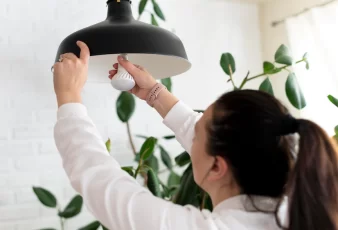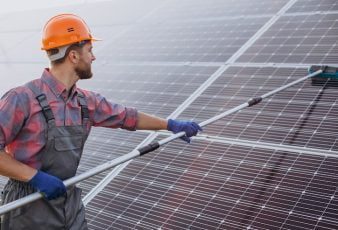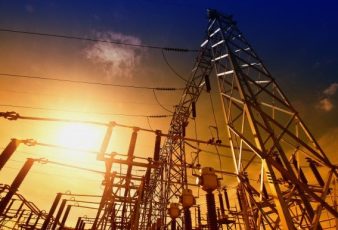Because of its location around the globe, Australia generally experiences subtropical climate throughout the year. But due to its massive geographical size, the states of the country have different climates. Those in Canberra and the rest of the Australian Capital Territory usually have a dry continental climate. At the same time, people living in New South Wales enjoy the arid or semi-arid climate. Meanwhile, those in the Northern Territory usually deal with a tropical savannah climate, which makes them experience a wet season from October to April. The rest of the year is usually dry.
Queensland residents, on the other hand, have five predominant climates because of the state. People living in the far north and coastal areas have hot and humid summers. The elevated hinterlands experience warm, humid summer, and the central west and south-west parts both experience hot, dry summer and mild to cold winter. In contrast, those in the southeast inland normally have temperate weather.
While climate changes in different parts of the country, all areas still have an adequate amount of sunlight throughout the year. Because of this, solar panels in Australia are ideal for every home and business establishment. If you are considering using solar panels as your alternative electricity source in your home or office, here are several reasons that could convince you to start the installation as soon as possible.
Australia Has Abundant Sunshine Every Year
As mentioned above, most states in Australia enjoy plenty of sunshine annually. In many cases, the available sunshine in the country is equal to more than 6 kWh/m2 every day. It is almost double the amount of sunlight experienced by the northern European countries. For this reason, installing the same solar PV systems in both continents will have different results, since the one installed in Australia will generate twice as much electric power on average compared to the one in Europe.
Solar Power Can Lower Electricity Bills
For years, Australian residents pay some of the most expensive electricity bills globally. According to reports, the households in South Australia had to pay approximately A$0.50 for every kilowatt-hour in 2018. On the other hand, those in the European Union pay only more than A$0.30 per kilowatt-hour, while US residents usually pay at least A$0.10 per kilowatt-hour. If homeowners or property managers installed solar panels in Australia, they would significantly cut down their regular electricity bills instantly.
Australian Government Provides Solar Incentives
Another good reason why Australian residents must consider installing solar panels in their properties is the renewable energy certificates offered by the Clean Energy Regulator for different industries. Those who install up to 100 kilowatts of solar energy can apply for Small-Scale Technology Certificates (STC). In comparison, businesses that will go over the 100 kilowatts mark may avail of the Large-scale Generation Certificates (LGC). It means that businesses that use more solar electricity outputs can earn more if they claim the certificates. They can also combine these incentives with other local solar incentive programs offered by the state governments. Some of these include the low-interest and zero-interest financing schemes and solar battery incentives.
Considering these reasons, it would be easier to convince you to install solar panels as your alternative source for electricity. It will help you save money significantly from the reduced monthly bills and the government incentives. More importantly, you will also cut down your carbon footprint since you will no longer use a lot of non-renewable energy sources. Start reaching out to your local solar energy provider to discuss which solar panels to install in your property as soon as possible.
Read Also:




























